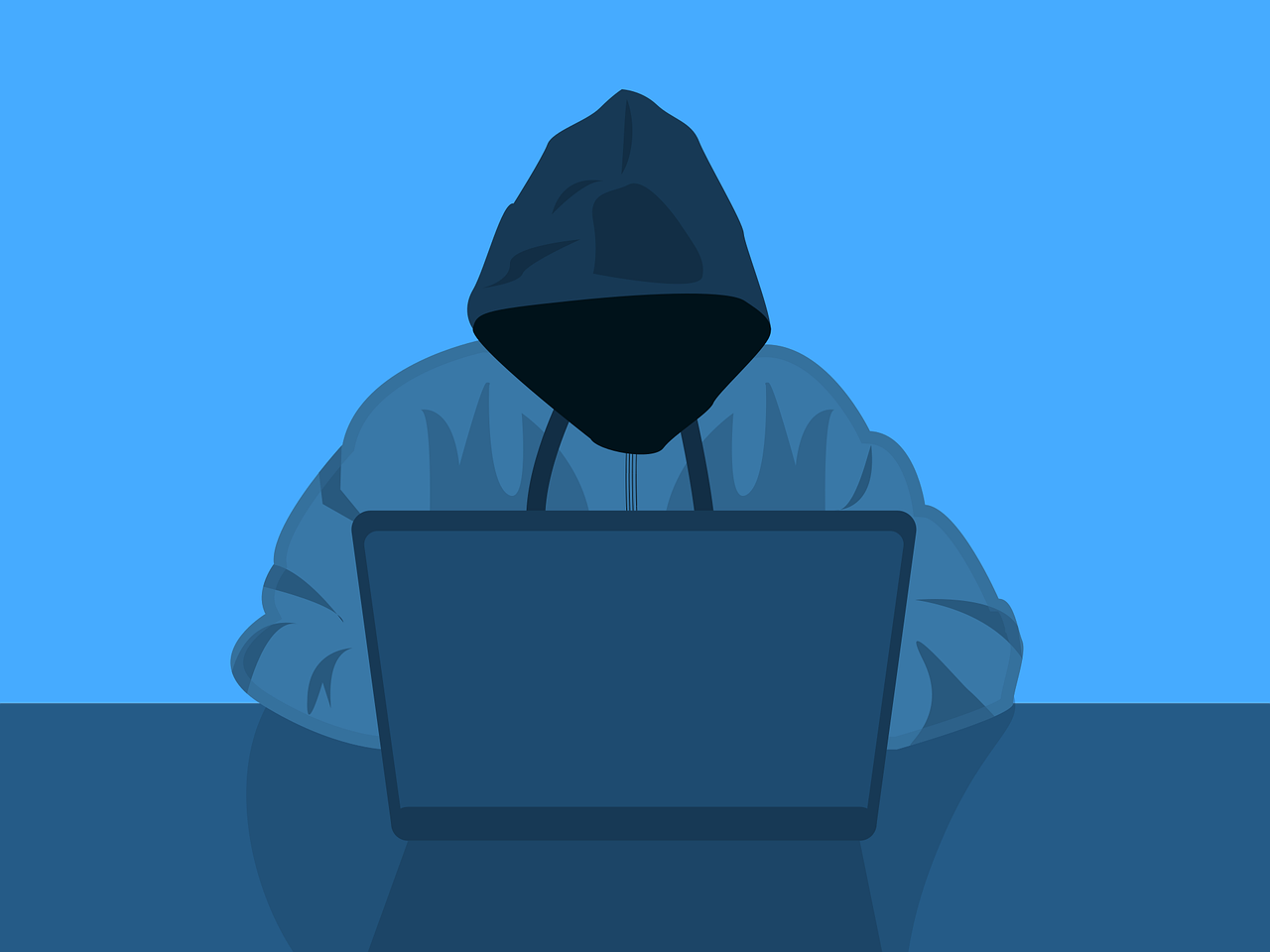What Is App Fatigue & Why Is It a Security Issue?
The number of apps and web tools that employees use on a regular basis continues to increase. Most departments have about 40-60 different digital tools that they use. 71% of employees feel they use so many apps that it makes work more complex.
Many of the apps that we use every day have various alerts. We get a “ping” when someone mentions our name on a Teams channel. We get a notification popup that an update is available. We get an alert of errors or security issues.
App fatigue is a very real thing and it’s becoming a cybersecurity problem. The more people get overwhelmed by notifications, the more likely they are to ignore them.
Just think about the various digital alerts that you get. They come in:
- Software apps on your computer
- Web-based SaaS tools
- Websites where you’ve allowed alerts
- Mobile apps and tools
- Email banners
- Text messages
- Team communication tools
Some employees are getting the same notification on two different devices. This just adds to the problem. This leads to many issues that impact productivity and cybersecurity.
Besides alert bombardment, every time the boss introduces a new app, that means a new password. Employees are already juggling about
191 passwords. They use at least 154 of them sometime during the month.

How Does App Fatigue Put Companies at Risk?
Employees Begin Ignoring Updates
When digital alerts interrupt your work, you can feel like you’re always behind. This leads to ignoring small tasks seen as not time-sensitive. Tasks like clicking to install an app update.
Employees overwhelmed with too many app alerts, tend to ignore them. When updates come up, they may quickly click them away. They feel they can’t spare the time right now and aren’t sure how long it will take.
Ignoring app updates on a device is dangerous. Many of those updates include important security patches for found vulnerabilities. When they’re not installed, the device and its network are at a higher risk. It becomes easier to suffer a successful cyberattack.
Employees Reuse Passwords (and They’re Often Weak)
Another security casualty of app fatigue is password security. The more SaaS accounts someone must create, the more likely they are to reuse passwords. It’s estimated that passwords are typically reused 64% of the time.
Credential breach is a key driver of cloud data breaches. Hackers can easily crack weak passwords. The same password used several times leaves many accounts at risk.
Employees May Turn Off Alerts
Some alerts are okay to turn off. For example, do you really need to know every time someone responds to a group thread? Or just when they @name you? But, turning off important security alerts is not good.
There comes a breaking point when one more push notification can push someone over the edge. They may turn off all the alerts they can across all apps. The problem with this is that in the mix of alerts are important ones. Such as an anti-malware app warning about a newly found virus.
What’s the Answer to App Fatigue?
It’s not realistic to just go backward in time before all these apps were around. But you can put a strategy in place that puts people in charge of their tech, and not the other way around.
Streamline Your Business Applications
From both a productivity and security standpoint, fewer apps are better. The fewer apps you have, the less risk. Also, the fewer passwords to remember and notifications to address.
Look at the tools that you use to see where redundancies may be. Many companies are using two or more apps that can do the same function.
Consider using an umbrella platform like Microsoft 365 or Google Workspace. These platforms include several work tools, but users only need a single login to access them.
Have Your IT Team Set up Notifications
It’s difficult for users to know what types of notifications are the most important. Set up their app notifications for them. This ensures they aren’t bombarded yet are still getting the important ones.
Automate Application Updates
A cybersecurity best practice is to automate device and software updates. This takes the process out of employees' hands. It enhances productivity by removing unnecessary updates from their view.
Automating device updates through a managed services solution improves security. It also mitigates the chance there will be a vulnerable app putting your network at risk.
Open a Two-Way Communication About Alerts
Employees may never turn off an alert because they’re afraid they might get in trouble. Managers may not even realize constant app alert interruptions are hurting productivity.
Communicate with employees and let them know they can communicate with you. Discuss how to use alerts effectively. As well as the best ways to manage alerts for a better and more productive workday.
Need Help Taming Your Cloud App Environment?
Today, it’s easy for cloud tools to get out of hand. Get some help consolidating and optimizing your cloud app environment. Give us a call today.
More from our blog



